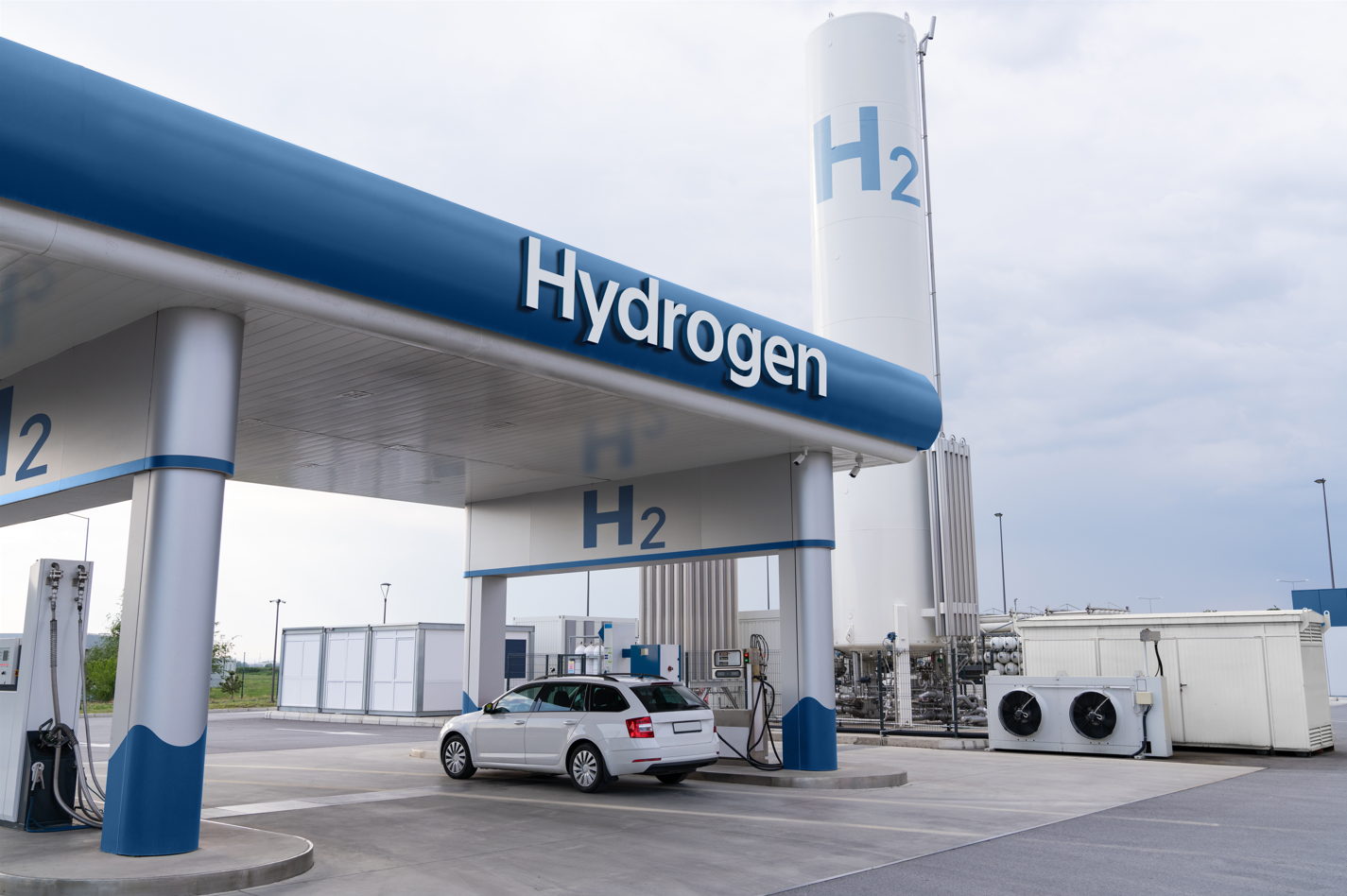Featured Articles
2022-10-07
Hyundai will also be the outstanding leader in hydrogen bus market
 The South Korean government is willing to support hydrogen transportation with a highly positive attitude.
The South Korean government is willing to support hydrogen transportation with a highly positive attitude. In addition, the company's hydrogen bus is also in the series named ELEC CITY in 2021. First, in June of the same year in Munich, Germany, two bus operating companies cooperated for a trial operation, so as to collect feedback from operating companies and drivers as a feasibility assessment for introducing hydrogen vehicles to the European market. The official commercial launch was at Wiener Linien, the largest bus operator in Vienna, Austria, supported by the HyBus implementation plan under the country's Climate and Energy Fund (KLIEN). The newly established Wiener Wasserstoff GmbH will start setting up an electrolysis plant and a hydrogen refueling station in Vienna in 2021. The first goal is to have ten hydrogen buses on the 39A bus route.
As for Korea, it was tested in Seoul as early as 2018. In early 2022, the country’s Ministry of Environment and the port cities of Busan and Ulsan, as well as Gyeongsangnam-do, agreed that a total of 624 hydrogen-powered buses will be on the road by 2025 to replace conventional fuel-powered buses. The original price of each hydrogen bus was around 630 million won ($520,000), and the central government received about 150 million Won in subsidies and 150 million Won in subsidies from local governments, which brought the car price down to nearly half of 330 million Won.
Japan's first hydrogen bus is the Sora, which was launched by Toyota in 2018, and has gone on sale. In 2022, Hino, Isuzu and Toyota announced to jointly develop hydrogen buses, using the fuel cell system of Toyota Mirai and SORA hydrogen electric buses in the electric flat chassis bus developed by J-Bus, a joint venture between Isuzu and Hino Motors. The production cost is controlled by the sharing of components, and the hydrogen bus that provides high reliability and endurance is expected to be mass-produced in 2024. In overseas markets, in July 2021, the Portuguese bus manufacturing company CaetanoBus, which uses Toyota's fuel cell technology, started delivering hydrogen-powered buses.
On the hydrogen bus, Hyundai and Toyota are on the same schedule for commercialization and the layout of domestic and foreign markets. However, because Hyundai fully grasps its own heavy-duty vehicle platform and the South Korean government has a very positive attitude in guiding the introduction of bus companies, the future progress should be significantly ahead of Toyota.
References
-
2022-02-02, 技術オフィス Tech-T,水素エネルギー社会(31)MIRAIとNEXO 2021年販売台数
-
2022-02-06, 技術オフィス Tech-T,水素エネルギー社会(32)日韓 水素ステーション比較
-
2018-03-27, Hyundai Press release, Hyundai Begins Sales of NEXO Fuel Cell Electric Vehicle
- 2022-08-02, Hyundai Press release, Hyundai Motor’s XCIENT Fuel Cell Heavy-Duty Trucks to Hit German Roads
- 2021-09-23, Pulse by Maeil Business News Korea & mk.co.kr, Lee Ha-yeon, Korea starts test on hydrogen trams for commercialization by 2023
-
2022-1-20, Electrive.com, Carrie Hampel, S.Korea to acquire 624 H2 fuel cell buses by 2025



